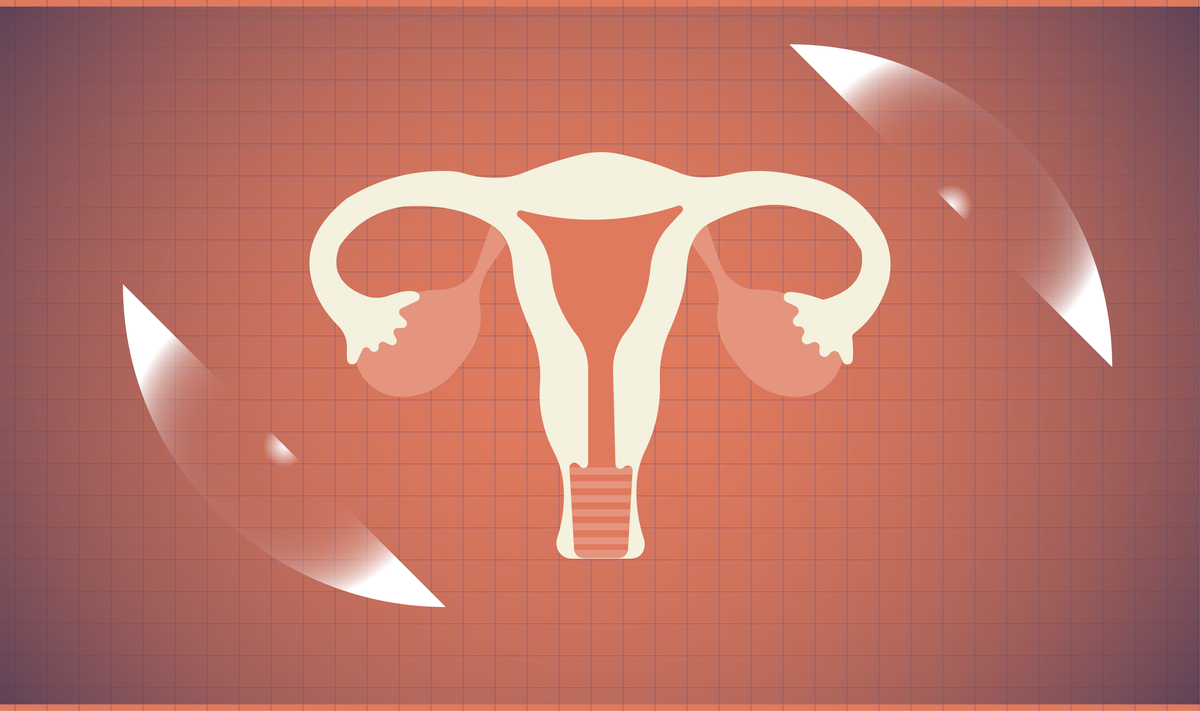Posts debate whether abortion bans affect maternal deaths
Plus, conversations mocked a false claim about birth control pill side effects and lamented Idaho’s “abortion trafficking” law.

Plus, conversations mocked a false claim about birth control pill side effects and lamented Idaho’s “abortion trafficking” law.
This past week, posts responded to articles about rising maternal deaths in states with abortion bans, with some blaming the laws and others holding individual doctors responsible for these deaths. In other discussions, posts mocked a doula who falsely claimed that birth control pills make “black women gay” and expressed concerns about Idaho’s “abortion trafficking” law, which prohibits helping a minor getting an abortion without parental consent and can now be enforced by the state.
In light of these conversations, communicators may reiterate how abortion bans and restrictions impact the health of pregnant people; recirculate information about birth control; and update materials outlining local abortion laws.

Insights brought to you by the reporters and science writers of Public Good News (PGN), a nonprofit newsroom dedicated to improving community health.
What’s trending nationally in reproductive health conversation:
Recent articles highlighted rising maternal mortality rates in states with restrictive abortion laws, noting that at least five women have died in Texas and Georgia due to abortion bans delaying lifesaving care. Social media posts across multiple platforms discussed the articles. One X post calling to “EXPOSE all of the brutal, deadly consequences of abortion bans in America” received approximately 264,400 views, 11,000 likes, 5,100 reposts, and 1,300 comments as of December 10. Some comments questioned the validity of data on maternal deaths and blamed individual doctors rather than abortion bans for maternal deaths.
On December 6, an X user shared a post about an encounter at a coffee shop with a doula who falsely claimed that birth control pills are “making black women gay.” The author criticized the doula for sharing the unfounded claim, which she called “so dangerous.” The post received approximately 2.6 million views, 131,000 likes, 5,200 reposts, and 500 comments as of December 10. Most comments expressed amusement and concern about the false claim, calling it a “wild and harmful take.”
On December 2, a federal appeals court ruled that Idaho can enforce most provisions of its “abortion trafficking” law, which makes it illegal for adults to help minors get an abortion without the consent of their parents. However, the court blocked the law’s provision that bans “recruiting” pregnant youth, so for now, adults in Idaho cannot be charged with influencing a minor to have an abortion. Social media posts on Facebook and Reddit discussed the ruling. One Reddit post sharing an article about the ruling received approximately 8,800 upvotes and 1,400 comments as of December 10. Top comments called the law “horrible” and “disgusting.” Some comments noted that Idaho requires minors to have parental consent in order to access birth control, which some worried could increase the rate of teen pregnancies in a state with a near-total abortion ban.

Recommendations brought to you by the health communication experts behind Infodemiology.com.
Recommendations for public health professionals
Each week, the Infodemiology.com team will provide messaging recommendations in response to some of the trending narratives outlined above. These helpful tips can be used when creating content, updating web and FAQ pages, and developing strategy for messaging about reproductive health.
In response to confusion about how abortion bans impact pregnant people’s health, communicators may explain that the same medications and procedures used for abortions are sometimes used to treat people experiencing incomplete miscarriages. Abortion bans have been shown to delay lifesaving care for people experiencing a miscarriage, which has been linked to deaths, even in states that have exceptions in cases when the health or life of the pregnant person is at risk.
Directly debunking false claims that birth control causes homosexuality is not recommended, as this may detract from key talking points. However, conversations about birth control provide an opportunity to recirculate information about the types of birth control and where people can access them. Ensuring that materials explain which states require minors to obtain parental consent in order to access birth control is recommended. Communicators may also share where people can access condoms and how to use them.
Given the recent court decision regarding Idaho’s “abortion trafficking” law, communicators in the state may want to update informational materials covering local abortion laws. This is also important for health departments, community organizations, and other partners in other states with ongoing legal challenges. Sharing how people can access abortion pills in your state is also recommended.
